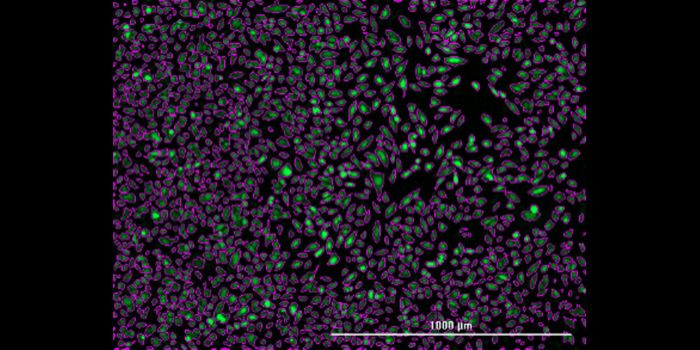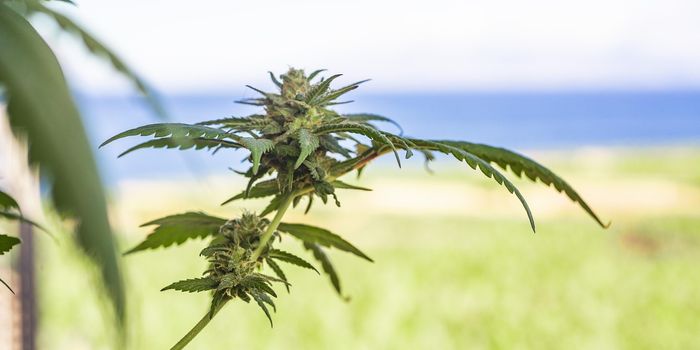Teenage Cannabis Use May Prime the Brain to Enjoy Cocaine
New research has found that teenage cannabis use may make the brain more susceptible to the effects of cocaine.
"It has been hypothesized that repeated interference with endocannabinoid signaling (e.g., through abuse of cannabis or synthetic cannabinoids) can remodel the adolescent brain and make it respond differently to more addictive substances, such as cocaine,” the researchers write. “In the present study, we demonstrate that a history of synthetic cannabinoid exposure in adolescent animals results in distinct molecular and epigenetic changes following initial exposure to cocaine."
For the study, the researchers gave adolescent and adult rats a synthetic psychoactive cannabinoid known as WIN 55,212-2 (WIN). They then gave both groups of rats some cocaine and monitored their response.
In the end, they found that the younger rats exposed to WIN were more sensitive to the effects of cocaine. While they found that exposure to the drug reprogrammed the initial behavioral, molecular and epigenetic responses to cocaine among the ‘teenage’ rats, they observed no such changes in their adult counterparts.
From their findings, the researchers concluded that adolescent exposure to psychoactive cannabinoids in mice leads to epigenetic changes in their prefrontal cortex. This is the part of the brain responsible for executive functioning such as long-term planning, self control and consequently, compulsive drug use.
Should these changes happen in humans too, the researchers say that the study suggests that teenagers who use cannabis may be more likely to enjoy cocaine. This may then increase their chances of using it often, and becoming addicted to it, especially if they live in environments conducive to addictive behavior and have specific genetic vulnerabilities.
The researchers warn however that their findings have some limitations. To begin, the neurochemistry of mice may not reflect that in humans. Moreover, the usage of synthetic cannabinoids may not reflect those from natural sources. Although WIN and THC are known to cause similar neurochemical changes in the brain, WIN is known to more strongly bind to cannabinoid receptors in the brain than THC. Moreover, the researchers’ lack of in vivo causality experiments means that their data is correlational and thus can not describe a causational relationship.









